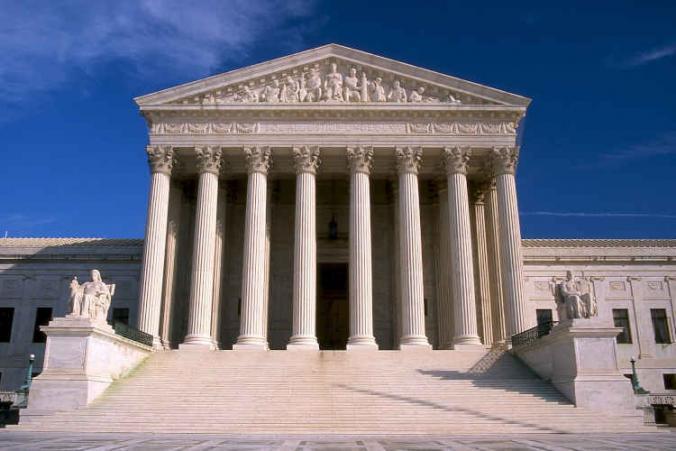Workers’ compensation is a unique legal practice. A big part of what I do as a workers’ compensation attorney is help people who have been injured at work understand and navigate their L&I claim or workers’ compensation claim. It is highly administrative work that sometimes doesn’t feel terribly like legal work.
Judicial appeals in workers’ compensation claims
When we appeal administrative decisions to the Board of Industrial Insurance Appeals (BIIA) our representation becomes much more legal in nature. That’s because the BIIA is a quasi judicial entity that decides workers’ compensation disputes. Appeals to the BIIA frequently involve decisions that are unfavorable to our client. Consequently, we must identify the issues and present a legal case to meet the burden of proof, to show that the administrative decision is wrong. This typically requires presenting expert and lay witness testimony in addition to appropriate legal arguments. Then, based on the evidence we present, the BIIA issues a written decision.
Representing work injury victims at Superior Court
If any party disagrees with the BIIA they may appeal the decision to Superior Court. In Washington State, each county has a Superior Court that hears criminal and civil cases. For example, we commonly litigate cases in King County Superior Court, Pierce County Superior Court, Snohomish County Superior Court, Kitsap County Superior Court, and others.
In workers’ compensation appeals, the Superior Court decides whether the BIIA decision is correct. To do that, the law requires Superior Court to consider the same evidence, or record, that we present to BIIA. That means that parties cannot introduce new evidence at Superior Court. Workers’ compensation appeals to Superior Court can be done in a bench trial or a jury trial. A bench trial is when the judge reviews the BIIA record and decides if BIIA made the correct decision. A jury trial is when we read the BIIA record to a 6 or 12 person jury. After hearing the record and arguments from attorneys, the jury enters a verdict deciding whether the BIIA decision is correct. If an injured worker wins a Superior Court appeal, they may be get reimbursement for attorney fees and costs.
Pros and Cons for workers compensation attorneys
These kinds of appeals have pros and cons. On one hand, this appeal process limits the number of cases tried in Superior Court while preserving the right to have a case in front of a jury of peers. On the other hand, there is a significant downside. By the time the case is decided by Superior Court, it may be two or more years after the original administrative decision was made.
For attorneys representing injured workers, Superior Court appeals are a significant time investment. It means at least a week that I am in Court and away from the office. While not in the office, I’m unable to speak with other clients or manage my usual day to day activities. However, most attorneys representing people with work injury claims will agree that it is one of our best opportunities to ensure that injured workers are treated fairly.

Leave a Reply